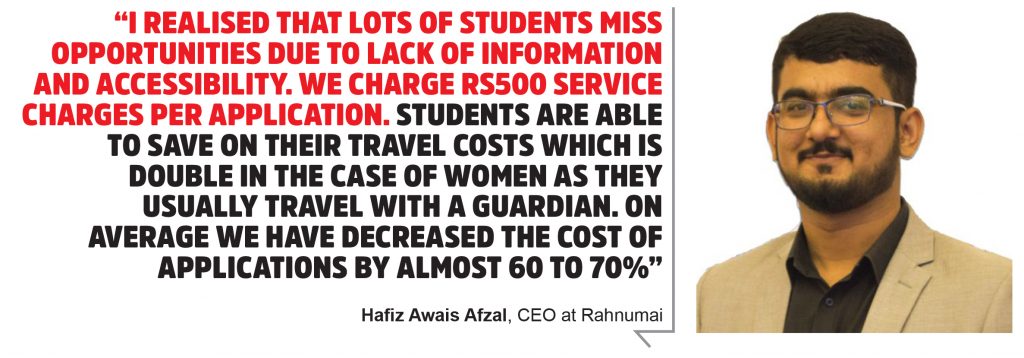When graduating from college, many students often face a choice: take the job that has a positive social impact, or the job that will pay well and have a bright financial future? For some entrepreneurs, it seems, the answer is both.
In years past, social entrepreneurship used to mean a slightly more financially self-sustaining charity, or a business that occasionally did philanthropic ventures. As the industry has evolved, however, it is becoming increasingly clear than social entrepreneurs do not want to compromise on either part of their pursuit: they want to pursue both social responsibility and positive impact and they want to have a financially successful venture and personal financial success.
“What business should be is socially conscious profit making, instead of being driven by greed. The three basic pillars of financial returns, social impact and environmental scalability should be maintained in all businesses,” says Jawad Aslam, CEO at Ansar Management Company (AMC), a company working on low cost housing in Pakistan.
Choosing between profit and purpose is a challenge that all businesses face and the ones which succeed in striking a balance between the two often go on to make a considerable impact not just for themselves but the society as a whole. Profit recently sat down with a few ‘social entrepreneurs’ who are working for social causes while trying to pursue financial goals, and mapped out their journeys.
3Higher education: Rahnumai

Rahnumai’s counseling session being held in a government school for girls.
According to Hafiz Awais Afzal, the founder of Rahnumai, a social start-up working on increasing higher education enrolment across Pakistan, more than 65% of the universities in the country do not have an online application portal, which means that students sometimes have to travel long distances to get access to a university application form.
Back in the day, when Awais was himself applying to universities for admission, he faced difficulties due to lack of information regarding application procedures and lack of accessibility as he lived in Okara, a relatively underdeveloped region in the country.

“I realised that lots of students miss opportunities due to lack of information and accessibility,” he says. Hence, Awais, initiated Rahnumai, a social venture, based in his home city, primarily focusing on increasing higher education enrolment rates in the country.
Currently, Rahnumai allows students to fill the applications online on their portal and then forwards it to the universities where these candidates want to apply. The portal gives students information about universities, their fee structure, deadlines and availability of scholarships.
“We charge Rs500 service charges per application,” says Awais. This is Rahnumai’s primary revenue stream other than the fee charged for other services and corporate sponsorships.
The start-up also provides one-on-one career counseling and conducts sessions in colleges to help the students navigate their portal and fill the application form.
“Students are able to save on their travel costs which is double in the case of women as they usually travel with a guardian. On average we have decreased the cost of applications by almost 60 to 70%,” he says.
So far, Rahnumai has reached almost 20,000 students and has processed around 1,500 university applications.
Awais claims that his venture is not only increasing higher education enrolment rates but is removing class differences and the gender gap by providing students equal educational opportunities and is increasing the diversity of the future workforce of the country by bringing new universities and subject options previously unknown to intermediate students into the limelight.







